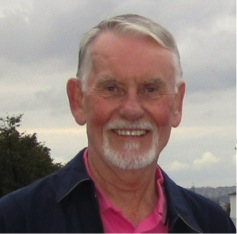Click here to book your place on the Comlexity and Management Conference 7-9th June at Roffey Park, UK.
The concept of culture in organisations is widely used but often poorly understood. So how do group identities and a sense of belonging emerge, and what methods might we employ to understand them better? How might we do justice to the contradictions and tensions that are constant themes shaping the experience of group life?
Working with the intersection of symbolism, politics and culture, Professor Candida Yates will talk about a current research project where she is trying to understand how the community imaginary is developed and sustained. Drawing on work she is undertaking with a community on the south coast of the UK, Professor Yates will give examples of art-based and psycho-social approaches to exploring to the emergence of meaning in a UK maritime community through the exploration of thoughts, feelings, politics and experience.
Candida Yates is Professor of Culture and Communication, Bournemouth University.
The annual Complexity and Management Conference is intended as an antidote to the sense of drift and thoughtlessness which can afflict managers in organisations because of the sheer complexity and pace of work, and the abstractions of contemporary management discourse. The currency of the conference is conversation, reflection and meaning-making about things that matter to us in and beyond the workplace. Saturday afternoon will be given over to delegate-led workshops to explore the conference theme.
The conference begins at 7pm on Friday 7th (unless you attend the one day workshop, which begins at 9.30am) and finishes at 2pm on the 9th June. The fee includes all board and lodging at Roffey Park Institute, Horsham, UK.
Look forward to seeing you there. Let me know if you would like to run a workshop on Saturday afternoon.




